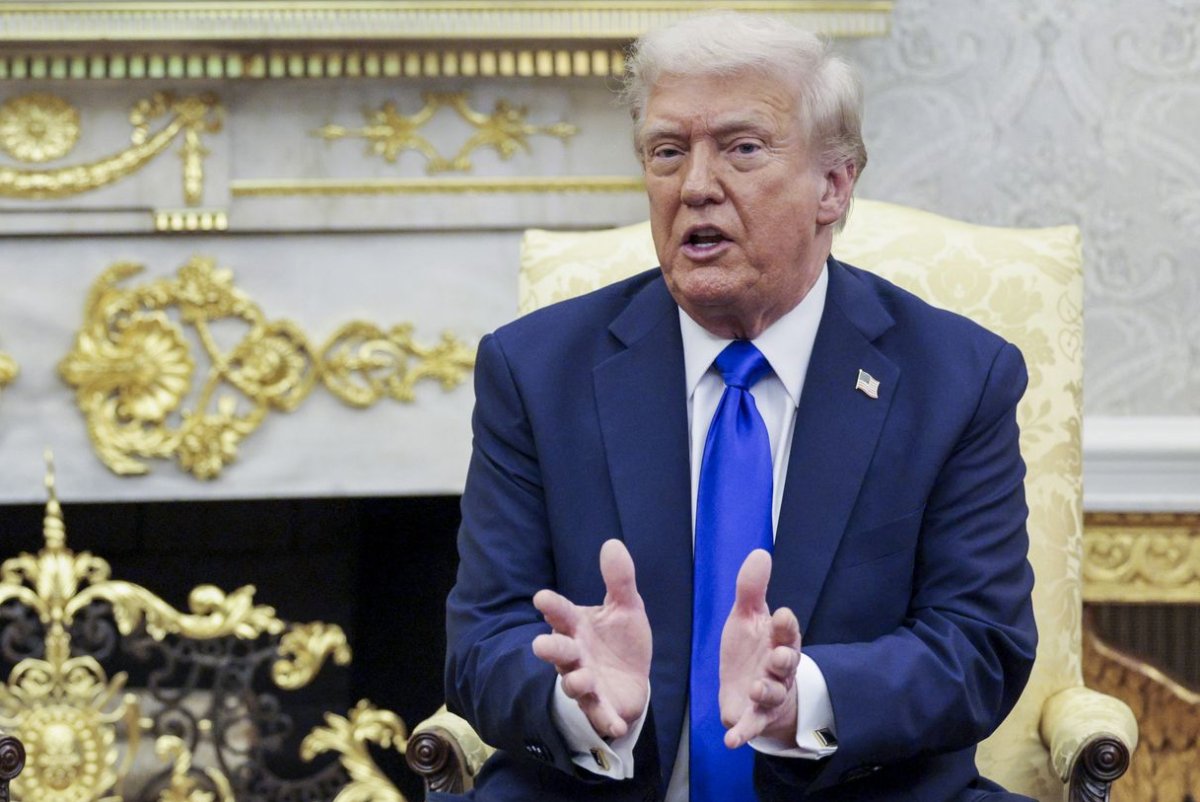The federal government’s ongoing shutdown has raised concerns about funding for the Special Supplemental Nutrition Program for Women, Infants, and Children (WIC). With Congress lacking a budget, the White House is now exploring the possibility of using tariffs to support this vital initiative.
The WIC program serves nearly 7 million low-income women, infants, and children, but it is facing a serious funding crisis. According to information from CNN, the program is projected to deplete its financial resources within a matter of weeks due to the budget impasse currently affecting Congress.
As federal operations ground to a halt on October 1, 2023, officials have been working to resolve the budget deadlock. The ongoing struggle involves negotiations over a stopgap measure intended to temporarily reopen the government for four to six weeks while a longer-term budget for fiscal year 2026 is finalized.
Karoline Leavitt, the White House press secretary, indicated on Tuesday that the administration is considering unfreezing tariff revenues, which usually go into the federal government’s general fund, to sustain the WIC program until a budget is enacted.
“The Democrats are so cruel in their continual votes to shut down the government that they forced the WIC program for the most vulnerable women and children to run out this week,” Leavitt stated in a post on X. She highlighted the urgency of the issue, remarking that the delay in budget approval has consequentially put this critical service at risk.
President Donald Trump, alongside other White House officials, has put forth the idea of reallocating tariff funds to support the WIC program. These funds, managed by the Treasury Department, remain in limbo until Congress reaches an agreement and the president signs the necessary budget legislation into law.
In the meantime, Trump has called on Congress to take swift action, proposing that they draft a measure that would allocate tariff revenues explicitly for the WIC program. This recommendation underscores the administration’s commitment to ensuring that women, infants, and children continue to receive crucial nutritional support during these uncertain times.
The legislative landscape remains complex, as the Senate has rejected multiple House-approved continuing resolutions intended to fund the government for seven weeks while budget talks are ongoing. In contrast, Senate Democrats have introduced an alternative proposal that would extend funding through October 31.
This ongoing budget impasse and its implications for programs like WIC have placed significant pressure on lawmakers. The fate of millions who rely on the WIC program now hinges on how quickly Congress can reach a consensus on a budget, all while grappling with political divisions that have kept a resolution elusive.
As both parties continue to negotiate, the administration’s willingness to leverage already collected tariffs for immediate funding is being closely watched by advocates and beneficiaries alike. The outcome of these discussions will determine not only the future of the WIC program but also the broader context of federal funding and government operations in the months to come.






